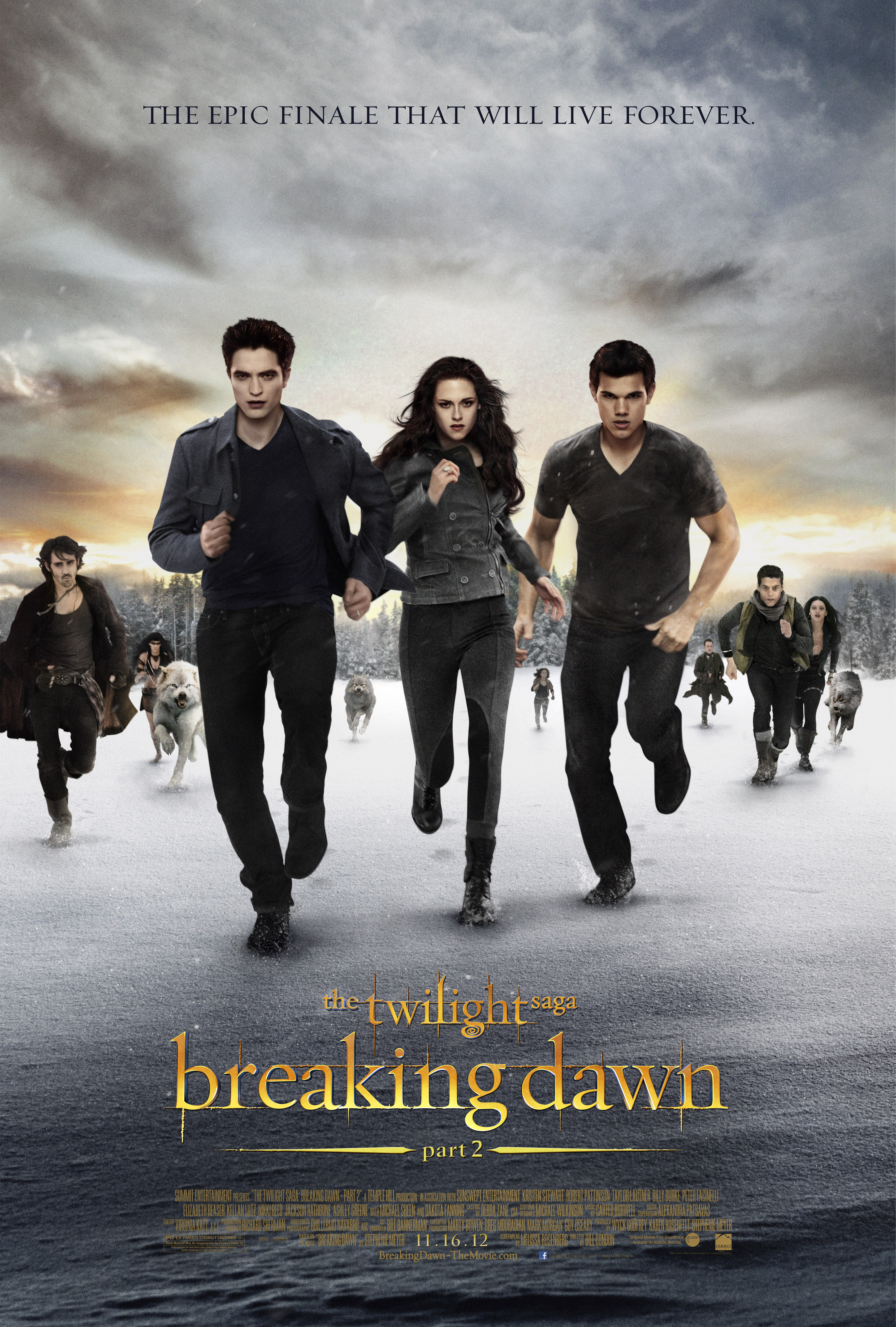a summary of the film...
In 1944 fascist Spain, a girl, fascinated with fairy-tales, is sent along with her pregnant mother to live with her new stepfather, a ruthless captain of the Spanish army. During the night, she meets a fairy who takes her to an old faun in the center of the labyrinth. He tells her she's a princess, but must prove her royalty by surviving three gruesome tasks. If she fails, she will never prove herself to be the the true princess and will never see her real father, the king, again.
that's what it was about but while watching this film i had to watch with a question in mind, to see how women are presented within the film, beside the blood and gory which at times i felt was a little overwhelming that i actually had to check the rating just to make sure i wasn't watching a 18! cause it was indeed a 15 but jeez when i saw that simple farmer get his face smashed in by a bottle i felt like i was watching a horror movie not a fantasy film!
here's my answer to the question before...
I felt women were presented both positively and negatively
or in other words stereotypically throughout the film.
There are three major female characters in the film, all of
different ages. The youngest is Ofelia, who’s the child heroine. Then Mercedes
the young woman heroine, and lastly Ofelia’s mother, who’s pregnant.
Ofelia’s mother is pregnant and is travelling to meet her
new husband, suffering through journey she is nauseated and vomiting, which she
blames on her symptoms on the baby being too active. When they arrive at their
destination, the Captain greets them and a wheelchair is waiting for Ofelia’s
mother, she doesn't appreciate having said her legs work find, the Captain is
having none of this and she is forced to use the wheelchair while pregnant,
also while there she is asserted as “The Captain’s wife.” This shows the lack
of power she has and therefore is portrayed as weak and fragile. While pregnant
is only gets weaker and weaker as the pregnancy takes a lot out of her, and the
Captain seems worried at first telling the doctor to do anything to help her,
then further down the line when she doesn't seem to be improving he changes his
tune saying to just save his unborn son.
This shows us how little they value her life and how she is she
basically only a womb in which she is to only give life to a son. Which makes me think back to days when women
were only used for childbearing and was seen for no other purpose than that, I
feel that Ofelia’s mother portrayed pregnant women as weak and fragile and
undermined in a world full of men, in my eyes.
Mercedes is introduced the same time as Ofelia and her
mother arrived, called upon by the Captain to collect their luggage, she is a
young servant woman who seems to run the household. I feel that when she was told to collect
their luggage I felt that this was unfair since the luggage is probably heavy
and why out of all the men that surrounded the vehicle why couldn't one of them
help? Instead they leave the servant girl to do it. I felt that was degrading
of women and even a little disrespectful, but yet again it showed status of who
is on top and who isn't. Yet it could
also demonstrate inner strength? The fact that she doesn't complain and lifts
the luggage despite their contents shows strength and power within this servant
woman.
We see a lot of Mercedes throughout the film, when she’s
attending to the Captain who seems to make suggestive moves to her, like
touching her arm and such. Making her look like an object, yet she also holds
the role of a leader running the household and making sure everything happens
smoothly. Mercedes also is living a double life while pretending to be the
faithful servant woman she also helping her brother who’s is seemed as the
enemy to the Captain and is who they are fighting against. Further down the line, she is caught and
before she is caught we are shown a scene where she is preparing dinner and
hides a knife under her skirt this then becomes an important detail, as to when
she is then caught and tied up by the Captain she retrieves the knife and frees
herself this shows power and strength yet again from Mercedes. She then threatens
the Captain slashing across his cheek, when the realization of the fact that
she had gotten away with it for so long was indeed because she was a woman and
they saw nothing but a servant when looking at her. Showing the naive-ness of
the men and the intelligence of Mercedes to get away with it for so long,
showing women in a positive light, with empowering roles.
I feel that Pan’s Labyrinth presents women in both
stereotypical and positive situations, exploring the roles of women back then
and how even through harsh times time it is not always the soldiers that save
the day, sometimes the heroine can be a little girl or a humble servant. I enjoyed the film and even though I didn't like the way women were always presented, I liked the empowering role of the
Mercedes and the strength within she demonstrated.
overall i thought the film was really good and quite interesting despite the blood and gory and language i actually didn't mind reading subtitles having watched foreign films before i didn't phase me in the least, but the storyline was interesting and i give it 4stars! cause it really wasn't that bad.
as always here's a trailer...


